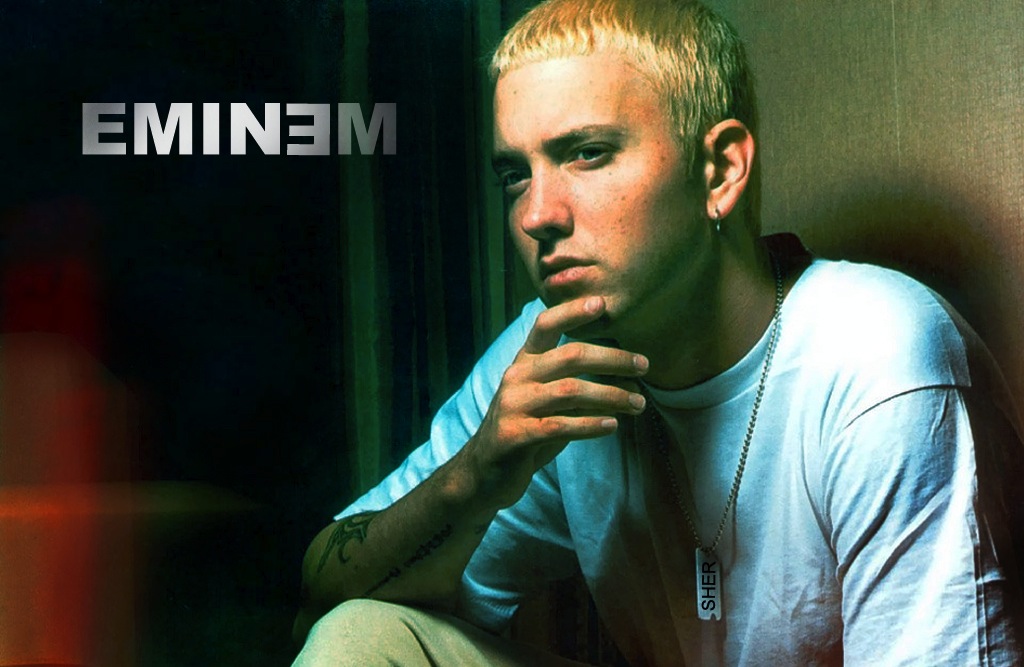If rapper Eminem and Apple aren’t able to reach an agreement by tomorrow, the two sides may find themselves in court over Apple allegedly selling 93 of Slim Shady’s songs on iTunes without the express permission of Eight Mile Style LLC, Eminem’s music publisher.
Apple, for its part, maintains that Aftermath Records (which was started by Eminem’s mentor, Dr. Dre) is the entity in control of Eminem’s songs, and that it was granted permission through an agreement with them. Eight Mile Style, however, asserts that Aftermath Records never had the right to strike deals to enter into agreements regarding digital downloads, and that any agreements referenced by Apple only apply to profits derived from physical CD sales. As such, Aftermath is also named as a defendant in this brewing legal case.
Eminem’s publishing group also maintains that they haven’t received any compensation from the sale of the 93 songs, which include hits such as “Lose Yourself”, a track from the rapper’s popular and somewhat autobiographical movie “8 Mile.” Apple, however, disputes this and argues that Eight Mile LLC has received “substantial royalties” on the songs at issue.
AppleInsider sheds some more light on the root of the dispute, and it seems to go to the very core of how profits from digital music downloads are distributed.
Under most contracts with their labels, artists receive around 20 cents — or less than 30 percent — of the approximate 70 cents Apple pays labels for the sale of each 99 cent song sold, under the assumption that such sales are part of a distribution deal. But Eminem’s attorneys have argued that since digital sales differ from traditional record store sales. They say the music content has long been licensed with restrictions, and artists should see a 50-50 split, or about 35 cents a song, per their existing agreements.
Specifically, Eminem and co. allege that Apple wrongly accumulated $2.5 million in unauthorized song sales and that Aftermath Records was on the receiving end of $4 million dollars in misappropriated revenue. Apple’s response reads in part,
[Eight Mile Style agreed in 1998 and 2003 that] Eminem would create master sound recordings embodying compositions, and that Aftermath would own those masters. The parties also agreed that Aftermath and its distributors and licensees would ‘have the exclusive right’ to exploit the masters embodying the Eminem compositions ‘in any and all forms of media now known or hereinafter developed.’
I suppose the root of the issue centers on what rights Aftermath Records had to negotiate deals pertaining to digital downloads of Eminem’s songs. You would think that an overview of the original contract would clear things up, but apparently it’s a bit more complex than that.
Lastly, theage reports that Marshall Mathers, Eminem’s real name, doesn’t appear on the witness list, so you can put aside any hopes you may have had to see Eminem spittin’ some rhymes up on the witness stand.
Again, if an agreement between the two sides isn’t reached by the end of the day today, the case will go to non-jury trial in Federal Court on Thursday.






September 25th, 2009 at 2:43 am
eminem sux
December 30th, 2009 at 8:16 pm
HE IS A AWSOME RAPPER MY IDOL SLIMSHADY HES HAD ISSUSES IN THE PAST BUT APPLE HAD NO RIGHT TO DO THAT